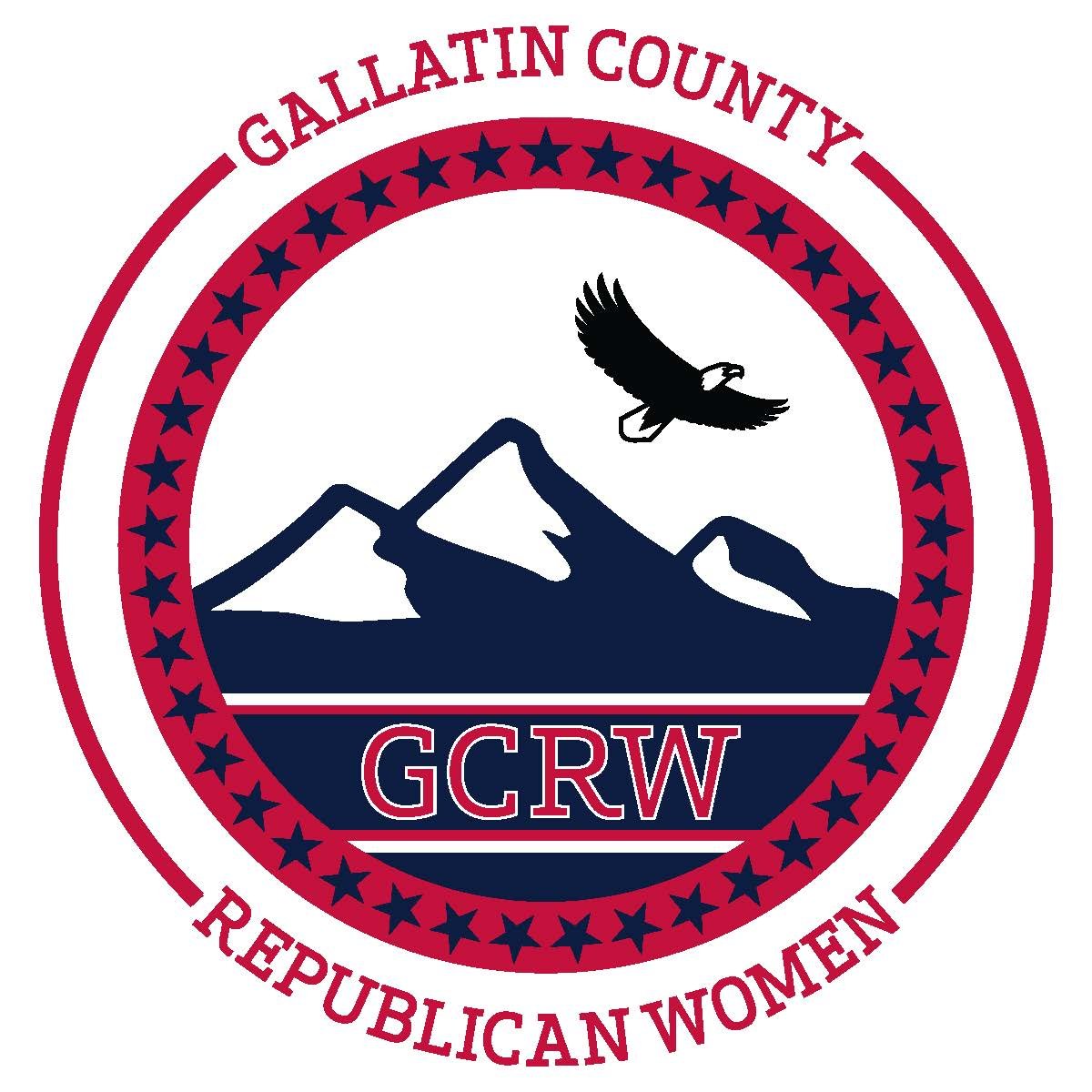Coronavirus Update from Gallatin City-County Health Department
Coronavirus Update from Gallatin City-County Health Department - Feb. 27, 2020
Gallatin City-County Health Department (GCCHD) confirmed Thursday, Feb. 27, 2020 that there have been no known cases of 2019 novel coronavirus in Gallatin County or Montana.
GCCHD officials also confirmed that to date, GCCHD has monitored five individuals who returned from mainland China. One individual required a medical evaluation and was determined not to have coronavirus after testing. That patient, and all others, have completed monitoring with no coronavirus concerns identified.
"It is welcome news that we don't have cases of 2019 novel coronavirus in Gallatin County or Montana," said Matt Kelley, Health Officer with Gallatin City-County Health Department. "That said, we will continue to work with community partners to monitor the situation nationally and internationally and to prepare to respond as needed."
Kelley noted that the emergence of 2019 novel coronavirus has generated significant anxiety as scientists work to understand the virus, how it spreads, and the severity of illness caused by the virus. "We still don't know everything we need to know about the virus," Kelley said. "Fortunately, we do know that many of the things we do every year to protect against influenza will also be useful to manage coronavirus."
Public health officials have identified a number of steps everyone can take to protect themselves against illness and contribute to the national effort to slow down disease spread. These steps include washing your hands frequently and thoroughly throughout the day, covering your cough or sneeze, and staying home and consulting a healthcare provider when you do become sick. And while the influenza vaccine won't protect against coronavirus, getting the vaccine is an important way to avoid becoming ill.
Kelley also said it's important for everyone to do what they can to stay healthy by eating nutritious foods, exercising, drinking plenty of water, and getting plenty of sleep. "It may be boring advice," Kelley said. "But these might be the most important things we can do to protect ourselves."
Kelley also said it's important for our community to fight against the urge to make assumptions about our neighbors based on nationality, ethnicity, or appearance. "Our greatest asset in dealing with coronavirus is our shared humanity and the support we can provide one another," Kelley said. "This virus does not discriminate based on nationality, or ethnicity, and neither should we. There is no reason to be fearful of Chinese people, or to stop frequenting Chinese owned businesses."
At the community level, GCCHD staff are working daily to prepare with partners that include health care providers, first responders, educators and administrators in K-12 schools and at Montana State University, elected leaders, and human service organizations. The goals of this effort are to ensure surveillance, prepare for containment and develop communication plans. To manage this effort, GCCHD staff are using public health guidance provided by the U.S. Centers for Disease Control & Prevention (CDC) to make decisions and limit the risk of disease. The health department is holding regular conference calls with community partners to keep them apprised of the best current information and to identify needs in the community. GCCHD staff are working closely with Gallatin County emergency managers to plan and prepare in the event that cases of coronavirus are identified in Gallatin County. GCCHD staff are also in daily communication with partners at Bozeman Health and the Department of Public Health & Human Services (DPHHS).
Kelley noted that existing plans to deal with pandemic influenza provide a solid foundation from which to plan for possible coronavirus cases. These documents include specific and detailed policies for isolation and quarantine, as well as preparedness plans developed to set up an Incident Command System organizational structure, which is designed to enable effective and efficient incident management by integrating a combination of facilities, equipment, personnel, procedures, and communications operating within a common organizational structure.
"We have been developing, sharing and practicing these plans for years," Kelley said. "They provide the foundation of our response."
Kelley also acknowledged a significant number of calls from the public concerned about various reports or rumors found on the internet or social media. Kelley said the most reliable information on the current situation is being provided by the CDC and DPHHS at the web sites below:
While acknowledging the seriousness of any emerging virus, Kelley said it's also important to balance concern with facts. He noted that public health officials are still learning about the virus but current evidence shows that the majority (~80%) of people who test positive for 2019 novel coronavirus have reported mild symptoms similar to a mild cold. Only about 5 percent of those with confirmed infection become seriously ill and fewer still die from the disease.
GCCHD welcomes calls from anyone in the public, or any organization, who has questions or concerns about coronavirus.
The health department can be reached 24 hours per day through its main phone line: 406-582-3100.
